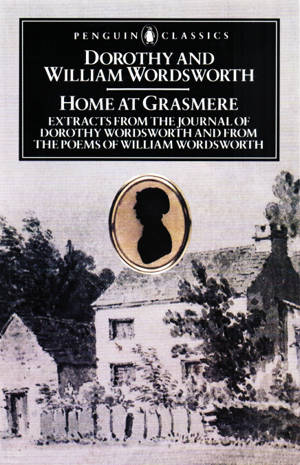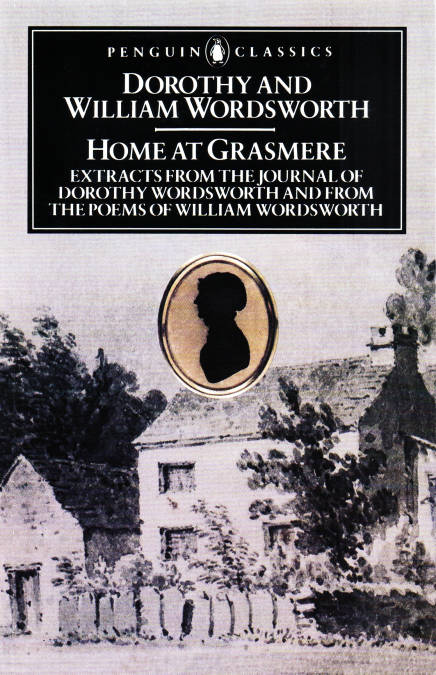
- Afhalen na 1 uur in een winkel met voorraad
- Gratis thuislevering in België vanaf € 30
- Ruim aanbod met 7 miljoen producten
- Afhalen na 1 uur in een winkel met voorraad
- Gratis thuislevering in België vanaf € 30
- Ruim aanbod met 7 miljoen producten
Zoeken
Home at Grasmere E-BOOK
Extracts from the Journal of Dorothy Wordsworth and from the Poems of William Wordsworth
Dorothy Wordsworth, William Wordsworth
E-book | Engels
€ 9,49
+ 9 punten
Uitvoering
Omschrijving
A continuous text made up of extracts from Dorothy Wordsworth's Journal and a selection of her brother's poems. Dorothy Wordsworth kept her Journal 'because I shall give William pleasure by it'. In doing so, she never dreamt that she was giving future readers not only the chance to enjoy her fresh and sensitive delight in the beauties that surrounded her at Grasmere but also a rare opportunity to observe 'the progress of a poet's mind'. Colette Clark's skilful and perceptive arrangement of Dorothy's entries alongside William's poems throws a unique light on his creative process, and shows how the interdependence of brother and sister was a vital part in the writing of many of his great poems. By reading these poems in relation to the Journal it is possible to trace the processes by which they were committed to paper and so achieve a fuller understanding of them. A writer in her own right, Dorothy kept her Journal sparse in personal and emotional detail. Yet there is, nevertheless, a deep emotional undercurrent running beneath the surface which only falters when William marries Mary Hutchinson. Never again was Dorothy to achieve the freedom, spontaneity and the limpidly beautiful prose with which she infused and irradiated the Grasmere Journals.
Specificaties
Betrokkenen
- Auteur(s):
- Uitgeverij:
Inhoud
- Aantal bladzijden:
- 304
- Taal:
- Engels
Eigenschappen
- Productcode (EAN):
- 9780141935812
- Verschijningsdatum:
- 25/04/2007
- Uitvoering:
- E-book
- Beveiligd met:
- Adobe DRM
- Formaat:
- ePub

Alleen bij Standaard Boekhandel
+ 9 punten op je klantenkaart van Standaard Boekhandel
Beoordelingen
We publiceren alleen reviews die voldoen aan de voorwaarden voor reviews. Bekijk onze voorwaarden voor reviews.











